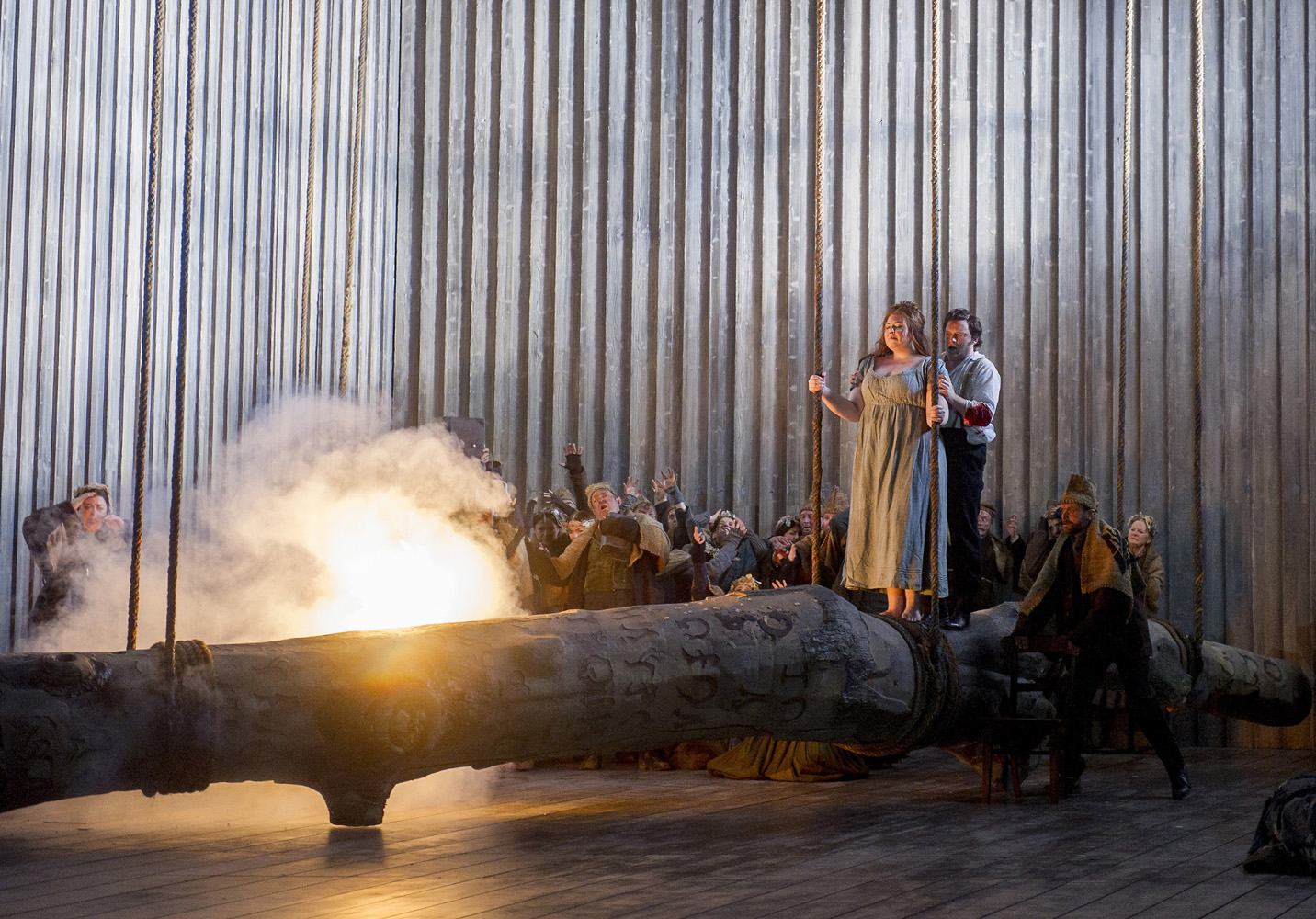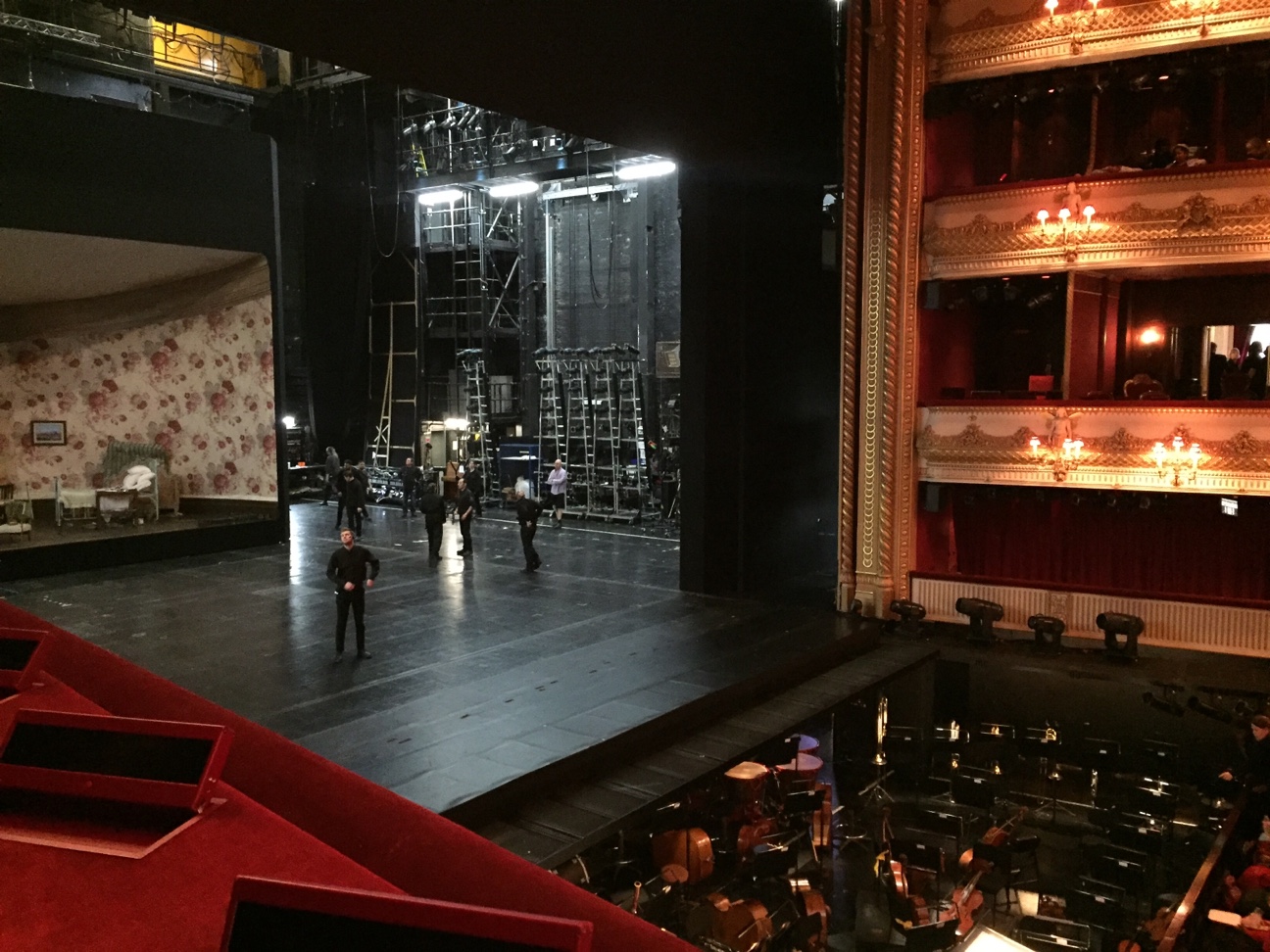Opera for All Ages
By Catherine Gosney (3rd Year BA student in Music)
As a student who loves opera, the University of Southampton offers an extraordinary faculty of music. The head of department is Prof Francesco Izzo, one of the world’s leading opera scholars and general editor of the critical edition ‘Works of Giuseppe Verdi’. In addition we have Prof Mark Everist, a Mozart specialist and renowned scholar of early nineteenth century French opera as well as Dr Valeria De Lucca, a specialist in Monteverdi, Handel and seventeenth and eighteenth-century opera. The current director of programmes is Prof Andrew Pinnock. Andrew is Honorary Secretary of The Purcell Society and a specialist in early English opera whose ground-breaking work on the origins of Dido and Aeneas is changing how this most famous English opera is perceived. Our composers, too, have a keen interest in opera as a living art form, and Matthew Shlomowitz’s new opera, Electric Dreams, is to be premiered at the 2017 Musikprotokoll Festival with Klangforum Wien in Graz, Austria.
One of the benefits to Southampton students is the close working relationship between the music department and professional performers and opera companies. Over the past year the University has arranged for me to see performances at the Wigmore Hall, Royal Opera House and several productions by both Welsh National Opera and English National Opera. A Southampton Music graduate, Kat Hattersley, currently works as Individual Giving Manager for the ENO and she and the company have been extremely supportive of Southampton music students.

In just the past few weeks I have been lucky enough to attend the dress rehearsal of Bellini’s Norma at the Coliseum and a matinee of two one-act operas from Puccini’s Trittico at the Royal Opera House. Trittico was an extraordinary experience. As part of an initiative to introduce opera to a younger audience, 2000 children of primary school age were invited to the Royal Opera house to experience operatic tragedy (Il tabarro) and comedy (Gianni Schicchi). From our seat in the Royal Box (!) we were able to enjoy not only world-class opera, but also children’s reactions to it. For regular visitors to the opera, silence during a performance is essential to appreciate all of the detail of such a comprehensive art form. However this comes at the expense of limiting young people’s access to opera. I must say the children were very noisy… but it was in all the right places! They gasped, chatted, cheered and laughed and it was an absolute delight to witness. I was reminded that this was how opera audiences behaved in the early days of commercial theatres. One of the funniest moments was when Rinuccio kissed Lauretta in Gianni Schicchi. All of the children instinctively went ‘urghhh!!!’. It was so natural and funny that even the performers on stage struggled not to laugh. Lucio Gallo as Schicchi particularly enjoyed playing up to his young audience for extra laughs!

The conductor shook hands with all of the children in the front row and as a special treat the curtain was left up for the change of scene. It was incredible to witness and so many of the children were particularly captivated by this aspect. The enormously loud and celebratory roar that the children gave the performers at the curtain call was one of the most heartwarming moments I have ever experienced. Considering that the whole production lasted almost two and half hours, the children behaved impeccably. It is also, of course, testament to the power of opera to connect both emotionally and physically to anyone, no matter how old they may be.

